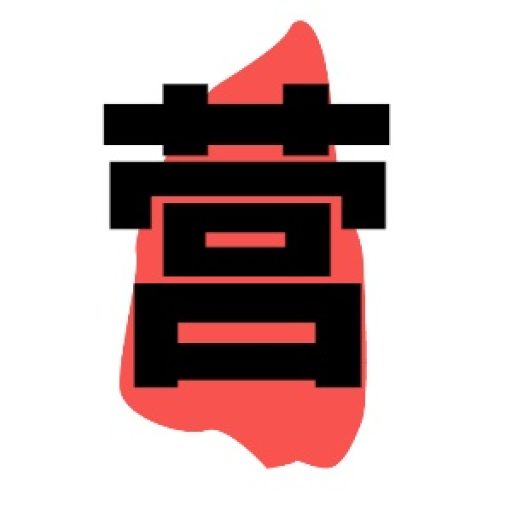"Day" 在英语中是一个名词,表示时间单位。它的对应词是 "day"。例如,你可以说 "I have a day off tomorrow."(我明天有天休假)。
如果你想要表达 "一天中的某个特定时间",可以使用 "a day" 来指代一整天的时间,或者用 "the day" 来指代特定的某一天。例如:
- I'll meet you at the park on Sunday. (我周日会在公园见你。)
- The day before yesterday was sunny. (昨天的前一个日子是晴朗的。)
如果你想表达 "某天的早晨、中午或晚上",可以使用 "morning", "afternoon", 和 "evening" 来分别指代早上、中午和晚上。例如:
- She woke up at six in the morning. (她早上六点起床。)
- We had lunch at noon. (我们在中午吃午饭。)
- Dinner was served at seven in the evening. (晚餐是在晚上七点提供的。)
如果你想要表达 "在某一天的某个具体时刻",可以使用 "at" 来连接时间状语和主句。例如:
- He arrived at the airport at eight o'clock. (他八点钟到达了机场。)
- They finished the project at midnight. (他们在午夜完成了这个项目。)
请注意,在英语中,“day”这个词通常不与具体的日期搭配使用,而是用于描述时间段。如果你需要表达具体的某一天,通常会使用像 "Sunday"、"Monday"、"Tuesday" 等这样的词汇。
